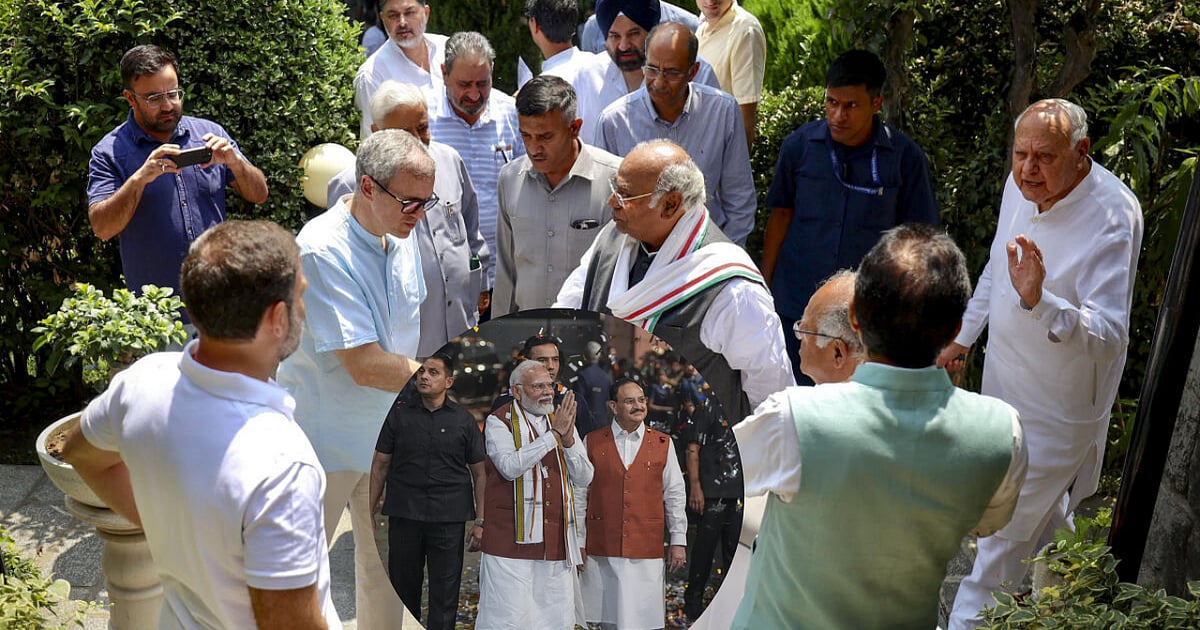 |
|
The return of Omar Abdullah as Chief Minister of Jammu and Kashmir marks a significant development in the region's political landscape. However, unlike his previous tenure, his powers will be severely curtailed this time due to the changed political circumstances. This article delves into the factors that have shaped this new reality and explores the future of ties between J&K's new government and New Delhi.
The altered political landscape is primarily attributed to the revocation of Article 370 in 2019, which granted special status to Jammu and Kashmir. This decision, coupled with the subsequent bifurcation of the state into two Union Territories, has significantly altered the power dynamics between the Centre and the state. The new government in J&K, while led by Omar Abdullah's National Conference, is a coalition with the Congress party, and it will need to navigate a complex political terrain in its dealings with the central government.
The curtailed powers of the J&K government will likely impact its ability to make autonomous decisions on matters like land, resources, and governance. The central government now holds significant authority in these areas, and the new government in J&K will need to work within these constraints. This will require a delicate balancing act, where the state government seeks to uphold the interests of its people while also engaging with the Centre constructively.
Source: Future tense for ties between J&K’s new government and New Delhi
